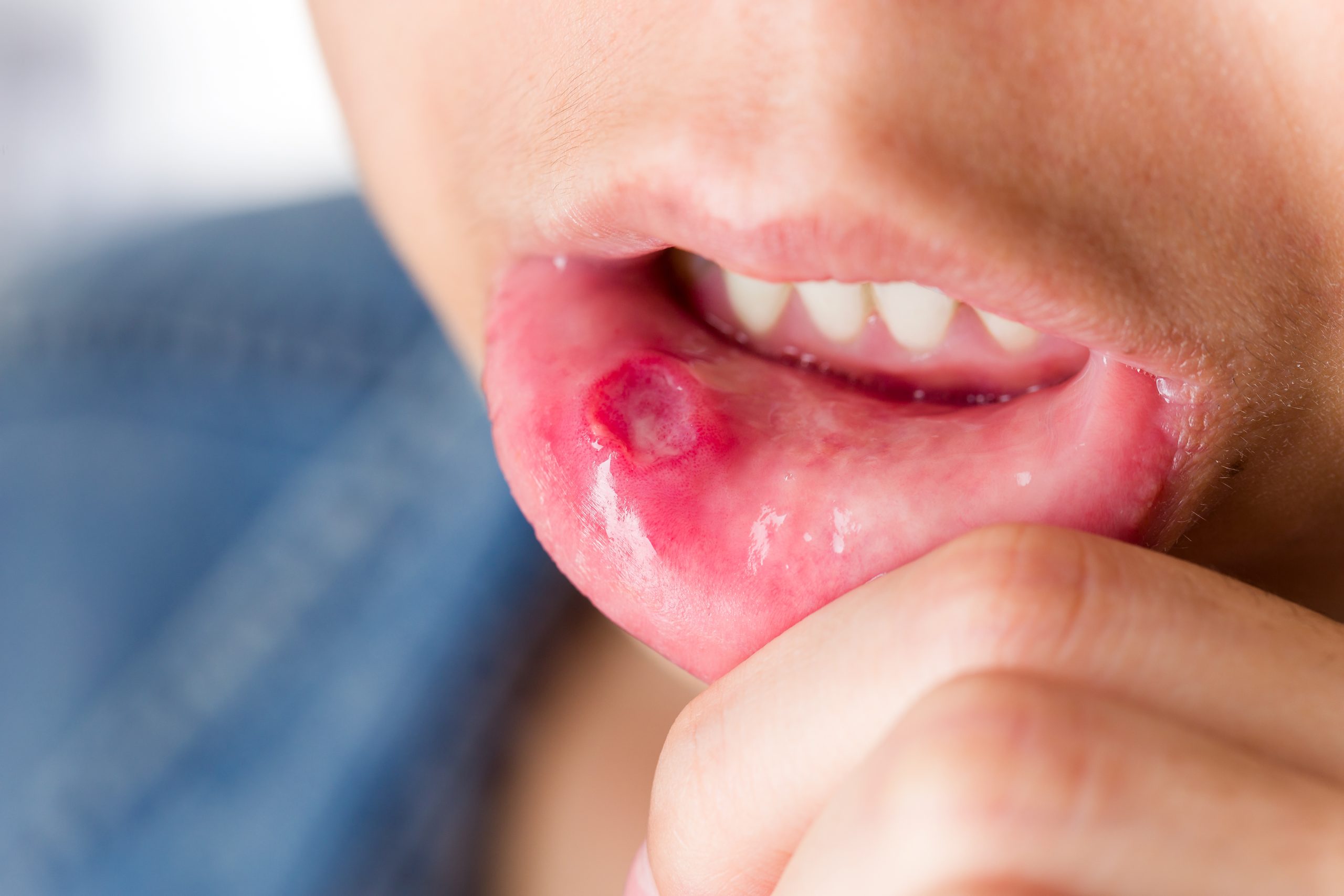
Mouth sores, also called canker sores or aphthous ulcers, are small shallow lesions in the base of the gums or soft tissues in the mouth. These sores are usually painful, making eating and talking difficult.
Mouth sores are common, but they usually heal after 1 -2 weeks. However, if the sores are persistent, large and painful, you may have to visit your dentist.
Book an AppointmentYour healthcare provider does not need to order any test to diagnose mouth sores since a visual exam is sufficient for its diagnosis. However, you may need some tests to check for conditions that cause your mouth sores, especially if the sores are persistent and severe.
Most times, treatment is not necessary for minor mouth sores because they clear on their own within one or two weeks. However, persistent, large and usually painful sores need treatment. Several treatment options are available, and your healthcare provider will recommend the most suitable.
Common treatments include the following;
If the sores are many, your doctor may recommend using a mouth rinse that contains steroid dexamethasone to minimise the inflammation or lidocaine to relieve the pain.
You can also apply over-the-counter prescription products such as liquids, gels, pastes or creams on the individual sores to relieve the pain and aid in faster healing. These OTC products usually contain the following;
Other topical products without these active ingredients are available to treat mouth sores. You should consult your doctor or dentist to recommend a suitable one.
Your healthcare professional may prescribe oral medication when the mouth sores are severe and topical treatments cannot treat them.
Oral medications for mouth sores include:

During cautery, the healthcare professional will use a chemical substance or instrument to burn the tissues.
You may need nutritional supplements if you take low amounts of essential nutrients such as zinc, folic acid, vitamin B12 and B6.
If your mouth sores are due to more severe health conditions, your doctor will recommend treatment for the underlying condition.
Book an AppointmentThe following tips can relieve mouth sore pains and speed up healing;
Depending on the appearance of your mouth sores, the dentist or doctor can reach an accurate diagnosis. While getting ready for your appointment, ensure you have the following information;
Visit Smile Clinic London today or call 020 7139 8611 to schedule an appointment with our dentist if you are experiencing painful or recurring mouth sores.